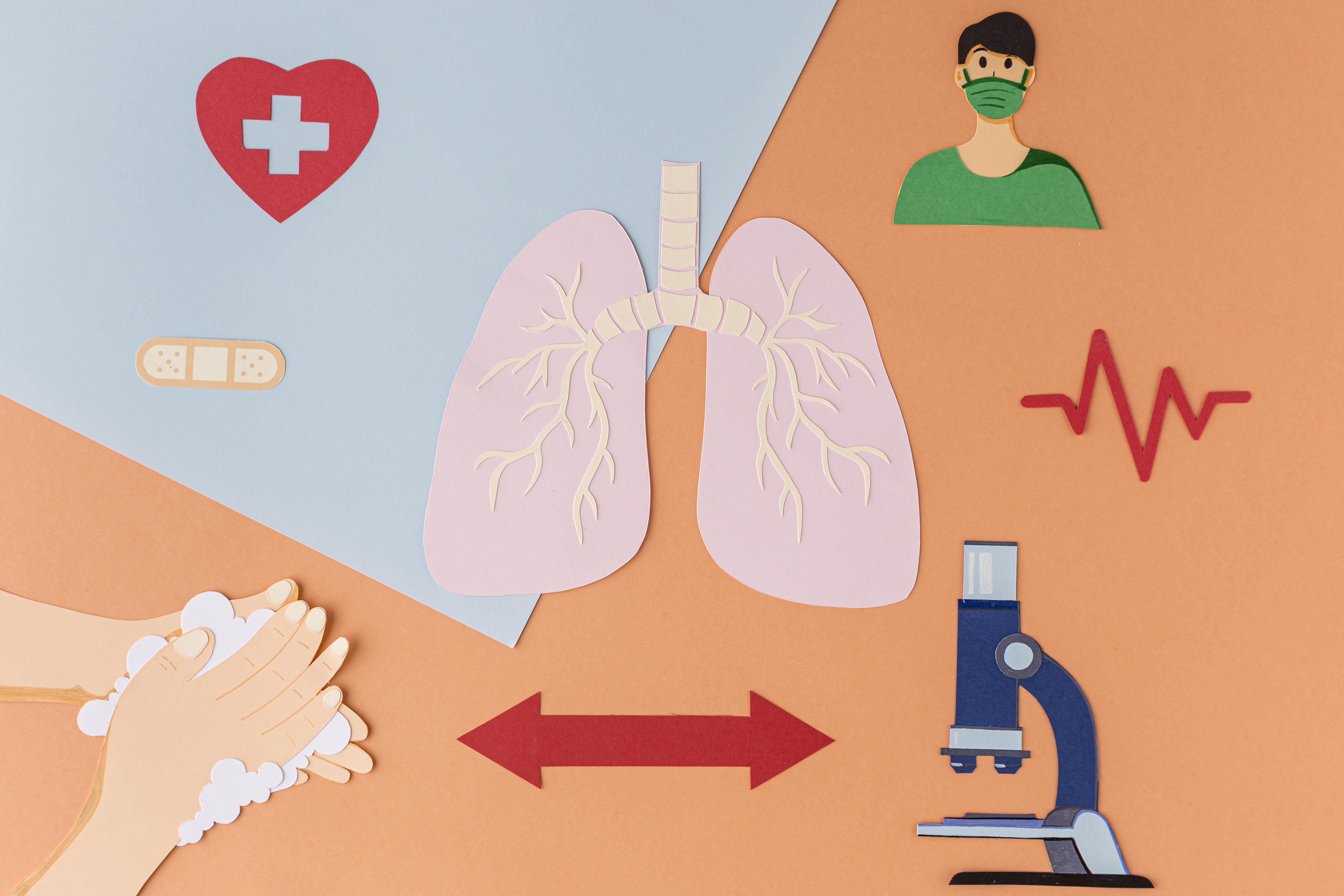What is RSV?
Respiratory Syncytial Virus (RSV) is a common virus that can spread quickly, especially among infants and young children. While it often shows up as symptoms that resemble a common cold—like a runny nose, coughing, wheezing, and difficulty breathing—it can also lead to more serious respiratory issues. RSV is one of the main causes of respiratory infections in kids, making it something parents and healthcare providers watch closely. Even though it’s widespread, with almost all children catching it by age two, RSV can still be dangerous for those who are most vulnerable.
How is RSV Transmitted?
RSV spreads easily through tiny liquid particles released when someone breathes, talks, coughs, or sneezes. These droplets can carry the virus to others and can survive on surfaces like toys, doorknobs, and hands for up to six hours. This is especially concerning in places like daycare centers, schools, and homes where children are constantly in close contact. Kids are naturally curious and love to explore, which means they often touch their faces, share toys, and interact closely with each other. This behavior makes it easy for RSV to spread, leading to frequent outbreaks, especially in environments where young children gather.

New Findings and Ongoing Clinical Trials
There’s been significant progress in research of RSV in recent years, with several promising vaccines and treatments currently being tested. One major milestone was the FDA’s approval of a monoclonal antibody treatment called nirsevimab, marketed as Beyfortus™, on July 17, 2023. This treatment, developed by AstraZeneca and Sanofi, is designed to provide passive immunity to infants, particularly those who are most vulnerable to severe RSV infections.
The approval of nirsevimab was based on data from several key clinical trials, including a pivotal Phase 2b study. In this study, which involved healthy premature infants, just one dose of nirsevimab reduced serious lung infections caused by RSV by 70.1% and decreased hospitalizations by 78.4%. These results were crucial in demonstrating the effectiveness of nirsevimab, leading to its approval as a preventive treatment for RSV in infants.
In addition to nirsevimab, a maternal vaccine is currently in the final stages of clinical testing. This vaccine is designed to be given during pregnancy, helping the mother’s immune system produce antibodies against RSV. These antibodies are then passed to the baby through the placenta, providing protection during the first few months of life when infants are most vulnerable to severe RSV infections.
The maternal vaccine is in Phase 3 clinical trials, the last step before it can be approved. One of the leading studies, known as the MATISSE trial (Maternal Immunization Study for Safety and Efficacy), has shown that the vaccine is about 82% effective in preventing severe RSV-related lower respiratory tract infections in infants within the first 90 days of life. The protection provided by the vaccine continues up to six months after birth, offering crucial protection during this vulnerable period.
The safety data from these clinical trials is also encouraging, indicating that the vaccine is safe for both mothers and their babies. With such strong results, the vaccine is on track for regulatory submission and approval, potentially becoming one of the first RSV (Respiratory Syncytial Virus) vaccines available for expectant mothers. This vaccine offers a new way to protect newborns from RSV, reducing the incidence of severe infections and the burden on families and healthcare systems.

The Future of RSV Prevention and Treatment
The advancements in RSV (Respiratory Syncytial Virus) research represent significant progress in the fight against this common but sometimes dangerous virus. The approval of nirsevimab and the promising results from the maternal vaccine clinical trials offer new hope for better prevention and treatment options. These developments are particularly important for protecting young children, who are most vulnerable to severe RSV infections.
By supporting and participating in clinical trials, we can help bring these life-saving measures to market, reducing the impact of RSV on families and healthcare systems worldwide. As research continues and new treatments become available, we can look forward to a future where children can play and explore with less risk of falling seriously ill from RSV.
For more information about clinical trials for RSV, please visit FOMAT Medical Research’s Active Trials page

